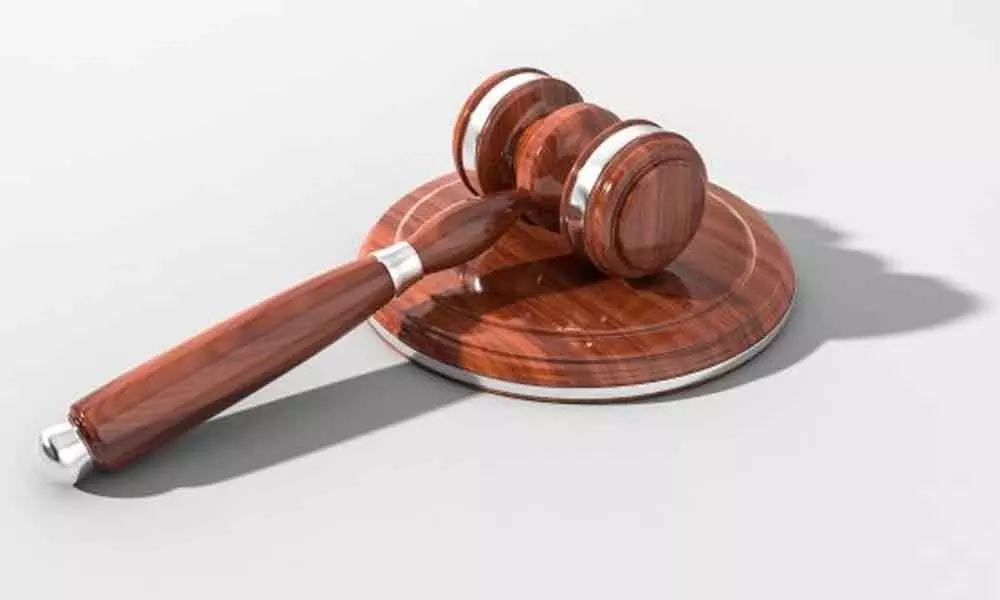Know Your Rights: A Guide to Miranda Warnings and Police Interactions

Understanding your rights during police interactions is crucial, especially when it comes to Miranda warnings. The rights enshrined in these warnings are vital to protecting individuals from self-incrimination and ensuring fair treatment under the law. This article provides a comprehensive guide to Miranda warnings, their importance, and what you need to know when interacting with law enforcement.
What Are Miranda Warnings?
Miranda warnings, often referred to as “Miranda rights,” stem from the 1966 U.S. Supreme Court case Miranda v. Arizona. This landmark decision established that suspects must be informed of their rights before being interrogated by law enforcement while in custody. The purpose of these warnings is to ensure that individuals are aware of their Fifth Amendment right against self-incrimination and their Sixth Amendment right to legal counsel.
The Components of Miranda Warnings
Miranda warnings typically include the following key components:
- Right to Remain Silent: You have the right to remain silent. Anything you say can and will be used against you in a court of law.
- Right to an Attorney: You have the right to speak to an attorney and have an attorney present during questioning. If you cannot afford an attorney, one will be provided for you at no cost.
These warnings must be clearly communicated to the suspect before any custodial interrogation begins. If the warnings are not given, any statements made during the interrogation may be inadmissible in court.
When Do Miranda Warnings Apply?
It’s important to understand when Miranda warnings apply and when they do not. Miranda rights are required only when a suspect is both in custody and subject to interrogation. This means that if you are not in police custody, or if you are not being interrogated, the police are not required to provide Miranda warnings.
Custody refers to situations where a reasonable person would not feel free to leave. This can occur during an arrest or when an individual is otherwise restrained. Interrogation involves direct questioning or actions by the police intended to elicit an incriminating response.

For example, if you are stopped by police on the street and asked a few questions, this typically does not qualify as custodial interrogation, and Miranda warnings may not be necessary. However, if you are taken to a police station for questioning, the situation changes, and Miranda warnings are required.
What Happens If Miranda Warnings Are Not Given?
If law enforcement fails to provide Miranda warnings before a custodial interrogation, any statements you make during the interrogation may be excluded from evidence in court. This exclusion is known as the “Miranda exclusionary rule.” However, this does not automatically result in the dismissal of charges; it simply means that the prosecution cannot use those specific statements against you.
It’s also important to note that certain exceptions to Miranda warnings exist. For instance, the “public safety” exception allows police to question a suspect without providing Miranda warnings if there is an immediate threat to public safety, such as locating a hidden weapon.
How to Exercise Your Miranda Rights
Knowing how to exercise your Miranda rights is essential during police interactions. If you are in custody and being interrogated, you should clearly state that you wish to remain silent and request an attorney. It’s important to be explicit in invoking your rights to avoid any ambiguity.
For example, saying, “I want to remain silent,” or “I want to speak to a lawyer,” makes it clear that you are exercising your Miranda rights. Once you have invoked these rights, the police are required to stop questioning you until your attorney is present.
Conclusion
Miranda warnings are a fundamental aspect of your rights during police interactions. Understanding when these rights apply, how to exercise them, and the implications if they are not provided is crucial for protecting yourself in legal situations. By being informed about your Miranda rights, you can navigate police interactions with greater confidence and ensure that your constitutional rights are upheld.




